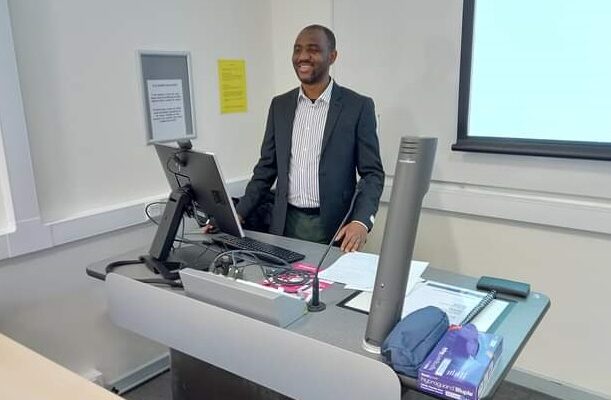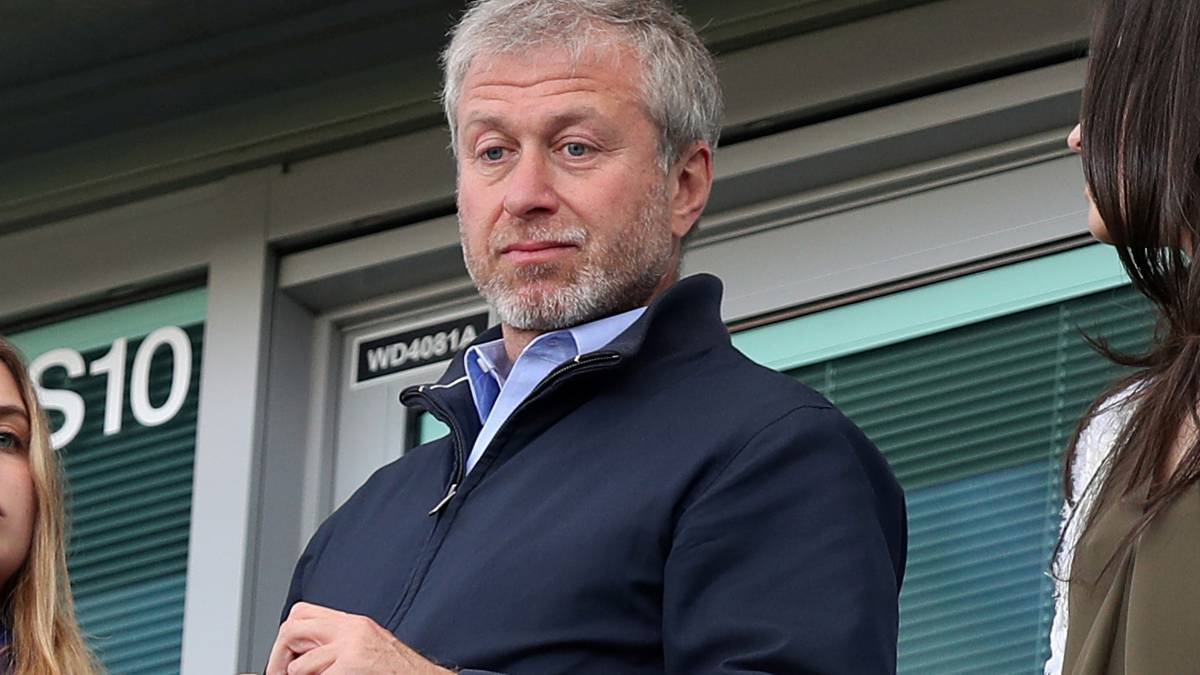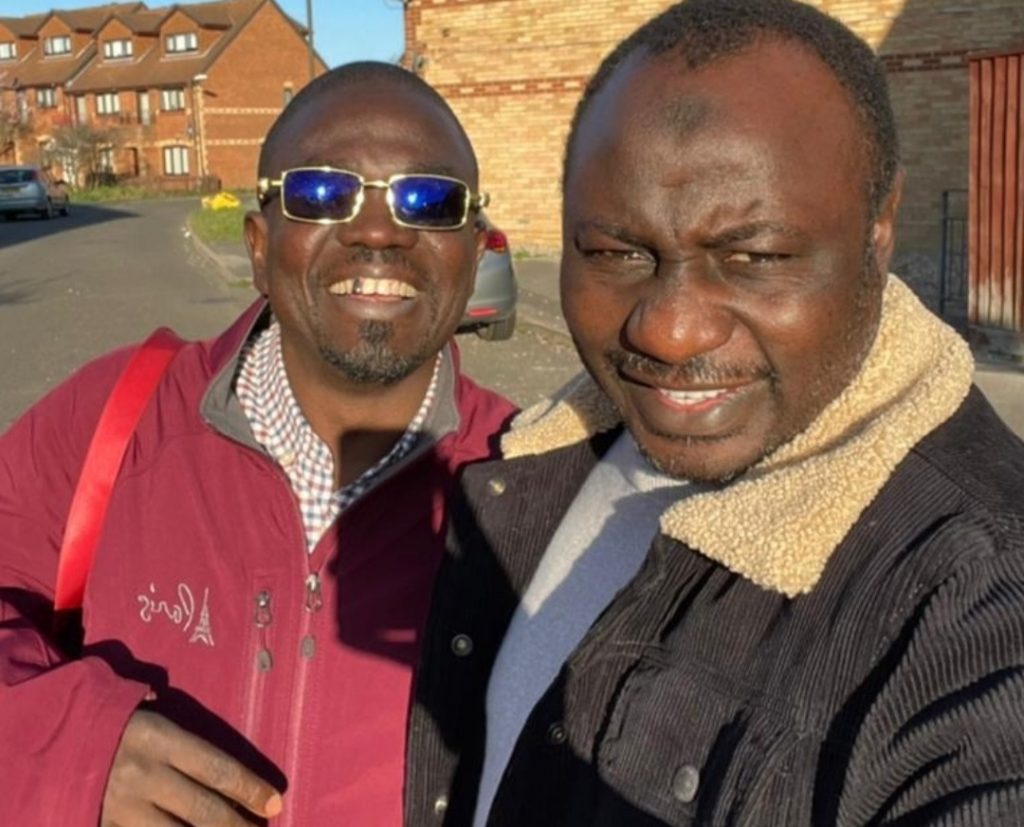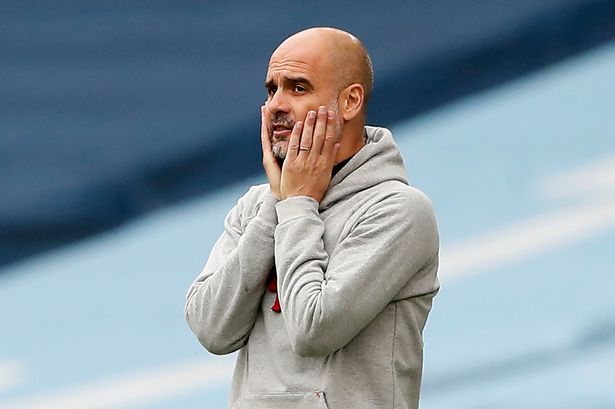By Owei Lakemfa
I had the privilege of being invited by the Nigerian Guild of Editors led by Mustapha Isa to be a panellist in their March 3, 2022 Town Hall Meeting in Abuja. Their focus was ‘Agenda Setting For Sustainable Democratic Culture’.
My argument is that democracy is a system of government by popular representation based on the vote of the electorate in which the will of the people prevails.
However, a major issue of democracy is that it is not value-free. There are some that will argue, for instance, that China which holds regular elections, has perhaps the largest parliament in the world, a judiciary and one of the largest press in the universe, is not a democracy because, in their view, the Chinese processes are not ‘free and fair’ and its parliament, judiciary and press are not free from the ruling Chinese Communist Party.
On the other hand, the Chinese can argue that whereas Western democracy is more about motions and form, Chinese democracy has content because it solves the basic problems of its people, including successfully feeding 22 per cent of the world’s population, providing healthcare and almost wiping out poverty, illiteracy and hunger.
It is difficult to say if, today, Nigeria is a democracy. But what is not in doubt is that at independence on October 1, 1960, it began as one. That was when it adopted the British parliamentary democracy. But that form of democracy has its problems: the Prime Minister is a parliamentarian voted only by his constituency and becomes the country’s leader only because his peers asked him to lead. So he may not even be known across the country prior to becoming the Prime Minister. Another drawback is that it has limitless tenure. Sir Robert Walpole was Prime Minister for 20 years and 315 days and William Pit spent about 19 years.
In the Second Republic, we turned presidential. The challenge of the American presidential system is that you need to be rich or funded by the rich to be able to win elections even to the Congress. So in a sense, American democracy is the ‘government of the rich, by the rich for the rich’. Just as China will tell you that it has ‘democracy with Chinese characteristics’, so does America have its own ‘democracy with American characteristics’.
That is why in its 2016 elections, Hillary Clinton with 65,845,063 lost to Donald Trump with 62,980,160 votes. America can explain this magic based on electoral votes, but for some around the world, it is illogical that in a democracy, the candidate with 2.9 million more votes loses the elections. That is more than the population of European countries like Albania, Lithuania, Slovania, Latvia, Estonia, Montenegro, Malta and Iceland!
But luckily for Nigeria when it adopted the America presidential system, it discarded the electoral college system. But is Nigeria a democracy? Or better put: is a democracy a democracy because it holds periodic elections even if criminally flawed?
Nigeria is a party-based democracy, so a fundamental issue is party membership and funding and we know that here, party funding is mainly by individuals most of whose wealth is questionable.
So in practice, most of those funding the parties are making investments from which they hope to harvest rich dividends; it is like an elegant ‘Yahoo, Yahoo’ (internet fraud) business.
Another major issue is that in a democracy, members pay dues to their political party. But in Nigeria, parties pay people to be members and fund them to participate in membership activities, including voting at party conventions. As long as this method of funding parties continues, the money will always come mainly from those in power with access to public funds.
As a result of these, the main parties are owned and controlled by money bags and their friends who end up not only hijacking the party, but also state power.
President Muhammadu Buhari as Military Head of State in 1984/85 jailed politicians for enriching their parties through contracts and loans. So, why can we not do the same today, especially when most funds now come directly from state coffers?
My position is that we cannot talk about democracy with this system of party funding and ownership. There is no reason whatsoever why every Kobo given to a political party, spent on it or by it should not be declared and people jailed for violations.
Since our democracy is party-based, political parties must themselves be based on democracy not on the whims and caprices of an individual who can dissolve elected party organs and sack all members of the party.
We must hold parties to their constitution and basic democratic principles. A situation where a caretaker committee spends half the tenure of an elected party leadership should not be tolerated as it corrodes the basis of democracy.
Party democratic structures must be maintained; allowing governors who cross-carpet to automatically take over party structures as happened in Cross River, Edo and Zamfara states is a setback for democracy. There must be respect for the electoral process rather than allow it to be hijacked by touts and cultists.
The electoral process must be defended rather than allow candidates decide the outcome of elections as was rampant in 2019. There is also the need to reject what Mr. Femi Falana, the learned silk, characterised as the ‘tribunalisation’’ of elections with the courts appointing elected officers as was the case in Imo State.
Also, our democracy should hold the elected accountable to their programmes and electoral promises rather than turn it into a circus show.
The media should in accordance with the Constitution, carry out ‘oversight’ functions on annual budgets that have over the years been opaque and also expose funds expended on legislators in whatever form, including salaries, allowances, and constituency projects. The executive and parliamentary roles must be differentiated; it is not the duty of law makers to build roads or schools. It is a bastardisation of the system.
Also, journalists have the sacred duty of protecting and defending fundamental human rights, ensuring government obeys court orders as in the case of Ibrahim El-Zakzaki, fighting corruption and pushing hard against dictatorial tendencies.
It is said that the most complicated operation in Nigeria is separating the public office holder from his seat; but it must be done.
My final take is that politics or democracy in the country should not be run like a criminal enterprise; it must be cleansed and the media has a major role to play in this cleansing even if it will require the country building mega prisons to contain violators of the country’s life. Strong structures on which the political and democratic system can be built, must be put in place or we bid goodbye to democracy.









